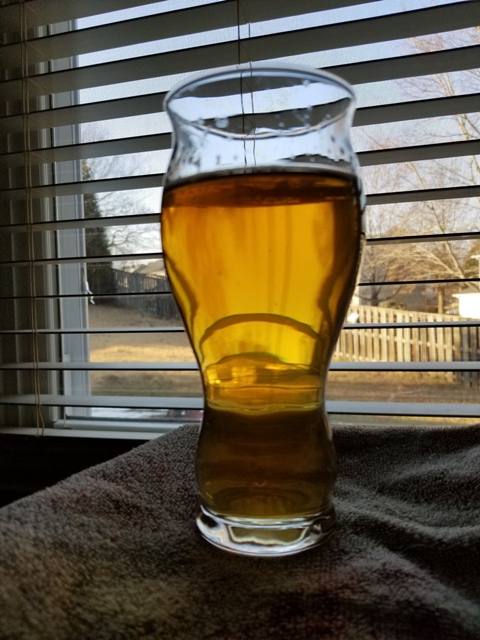CJnCincy
The Lusk Farm & Brewhouse
Not here seeking opinions on whether to mechanically filter or not. I've recently bought a plate filter, so I'm past that decision point. I do have a couple questions though.
My situation: I brew lagers primarily. I keg condition these beers by carbonating with corn sugar in the keg after primary fermentation. When it comes time to serve, I'll place in my beer fridge, connect the keg on serving carbonation (~14 psi), then start serving several days later.
My questions are these:
When should I filter? I think my options are pre-lagering (immediately after primary fermentation when transferring into keg) or post lagering?
If filtering pre-lagering, do I still keg condition with corn sugar? Will the beer "spoil" if I lager for extended times without keg conditioning? Do I just add enough corn sugar to build to ~ 5-10 psi?
If filtering post-lagering, I suspect I will have to release all the CO2 built up from the keg conditioning? Does this make sense?
What do you do?
My situation: I brew lagers primarily. I keg condition these beers by carbonating with corn sugar in the keg after primary fermentation. When it comes time to serve, I'll place in my beer fridge, connect the keg on serving carbonation (~14 psi), then start serving several days later.
My questions are these:
When should I filter? I think my options are pre-lagering (immediately after primary fermentation when transferring into keg) or post lagering?
If filtering pre-lagering, do I still keg condition with corn sugar? Will the beer "spoil" if I lager for extended times without keg conditioning? Do I just add enough corn sugar to build to ~ 5-10 psi?
If filtering post-lagering, I suspect I will have to release all the CO2 built up from the keg conditioning? Does this make sense?
What do you do?
























![Craft A Brew - Safale BE-256 Yeast - Fermentis - Belgian Ale Dry Yeast - For Belgian & Strong Ales - Ingredients for Home Brewing - Beer Making Supplies - [3 Pack]](https://m.media-amazon.com/images/I/51bcKEwQmWL._SL500_.jpg)

































